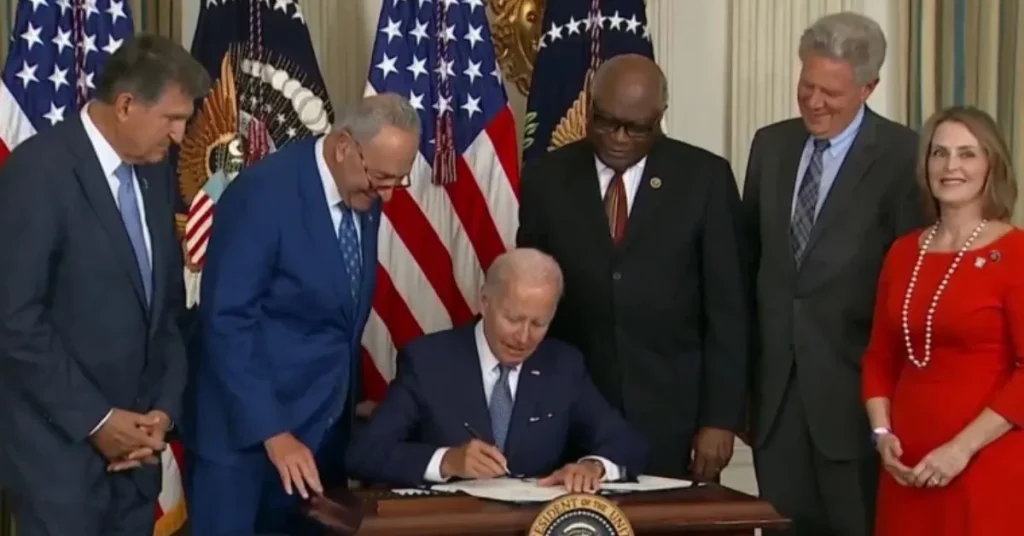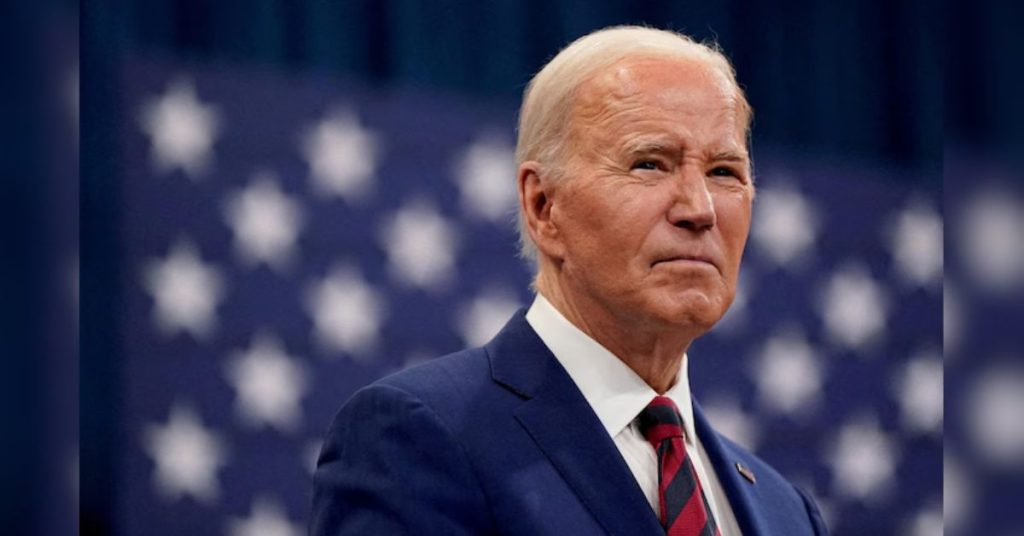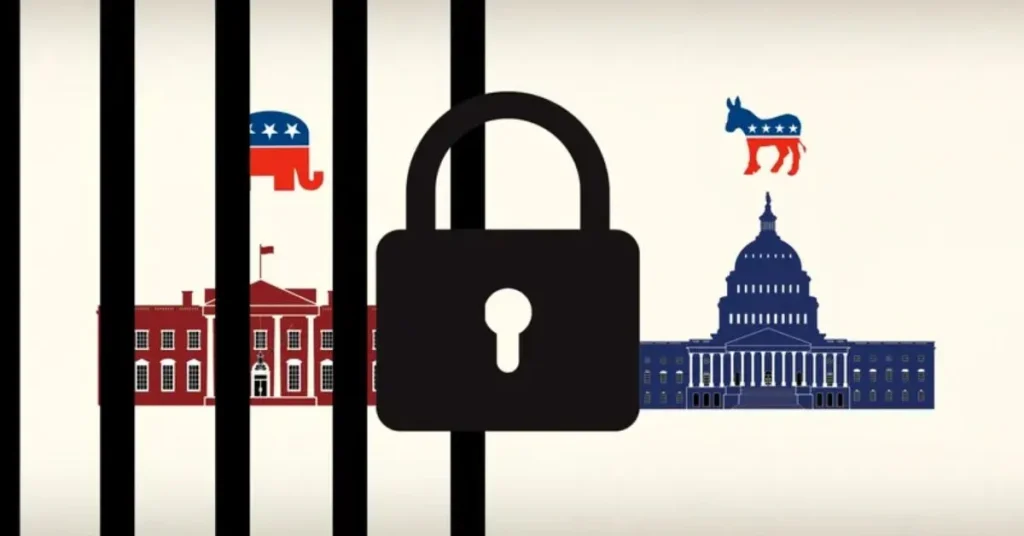Over the past few years, a series of significant legislative changes has reshaped the political landscape of the United States. The most recent laws have not only redefined policies but have also intensified the already polarized political climate.
In 2024, the effects of this legislation are more apparent than ever, influencing electoral strategies, governance, and the daily lives of Americans. This article will explore key legislative acts and their impact on U.S. politics.
Election integrity and voting rights
The passage of the Voting Rights Act Restoration Bill in late 2023 has reignited debates about voter access and election security.
Proponents argue that it addresses the need for inclusive participation, particularly for minority and marginalized communities, by expanding early voting, mail-in ballots, and automatic voter registration. However, opponents claim that these measures could lead to voter fraud or undermine confidence in election outcomes.
Legislation forces #US firms to prepare for a #Taiwan war
PRC Risk Transparency Act aims to assess the economic impact of a Chinese invasion of Taiwan on American companies. Potentially a $1.6 trillion-economic loss for the US.
Some American legislators have proposed a… pic.twitter.com/xuk89XiSrf
— Indo-Pacific News – Geo-Politics & Defense (@IndoPac_Info) August 6, 2024
This legislation has become a flashpoint in U.S. politics, with Republicans and Democrats deeply divided. Republicans have advocated for stricter voter ID laws, seeing this bill as a threat to election security. On the other hand, Democrats view it as a necessary step to prevent voter suppression.
This divide has made election integrity a central issue in the upcoming 2024 presidential race.
Climate Policy and Environmental Regulation
In 2024, the U.S. grapples with balancing economic growth and environmental sustainability. The passing of the Clean Energy Act in early 2023 marked a significant shift in U.S. climate policy.
This act mandates a transition to renewable energy sources, sets aggressive carbon emission reduction targets, and offers incentives for clean energy technologies.
While environmentalists and progressives celebrate this move as essential for combating climate change, critics argue that it places undue burdens on industries reliant on fossil fuels. In particular, lawmakers from energy-producing states have voiced concerns about job losses and economic instability in their regions.
As a result, climate policy has become a crucial battleground in congressional elections, with candidates either championing the fight against climate change or advocating for the protection of traditional energy sectors.
Healthcare Reform
Healthcare remains one of the most contentious issues in U.S. politics, and the Affordable Healthcare Expansion Act of 2022 continues to shape debates in 2024. This legislation expanded Medicaid coverage, reduced prescription drug costs, and introduced a public option for healthcare coverage.
Read more:
While these changes have improved access to healthcare for millions of Americans, they have also triggered intense political conflict.
Republicans argue that expanding government-run healthcare programs increases the national debt and leads to higher taxes. Conversely, Democrats emphasize the importance of providing affordable healthcare for all citizens, particularly in the wake of the COVID-19 pandemic.
The healthcare debate is expected to play a significant role in the 2024 elections, with candidates on both sides using it to mobilize their base.
Immigration and Border Security
Immigration policy continues to be a polarizing issue in U.S. politics. The Comprehensive Immigration Reform Act of 2023, which sought to address the status of undocumented immigrants while bolstering border security, has been met with mixed reactions.
While the law provided a path to citizenship for millions of undocumented immigrants, it also increased funding for border enforcement and introduced stricter asylum regulations.
With S.870 being passed by the Senate, we have just delivered the largest update to #nuclearenergy policy in over a generation through bipartisan, bicameral policy for the American people!
I came to Congress with the goal of making a lasting impact on America’s #energy security,… pic.twitter.com/pt229nSjc9
— Rep. Jeff Duncan (@RepJeffDuncan) June 18, 2024
Progressives argue that the legislation does not go far enough in protecting immigrants’ rights, while conservatives believe that it still leaves the U.S. vulnerable to illegal immigration.
Immigration remains a defining issue in U.S. politics, with politicians from both sides using it to appeal to their voter base. The political debate surrounding immigration reform is expected to be a key factor in the 2024 elections.
Gun Control Legislation
The passage of the Gun Violence Prevention Act in 2023, which introduced universal background checks, a ban on assault weapons, and increased waiting periods for firearm purchases, has sparked heated debates across the country.
Gun control advocates view the legislation as a necessary measure to address the growing problem of gun violence in the U.S., particularly after several high-profile mass shootings.
Read more:
However, gun rights advocates argue that the law infringes on Second Amendment rights and penalizes law-abiding citizens. As gun control continues to be a divisive issue, it has become a critical topic in political campaigns and legislative debates at both the state and federal levels.
Conclusion: A Shifting Political Landscape
As the U.S. heads into the 2024 election season, the recent wave of legislation has intensified the nation’s political divide. From voting rights to healthcare, and climate policy to gun control, these laws have not only shaped the legislative agenda but have also influenced electoral strategies and public opinion.
The impact of these legislative changes will be a defining feature of the upcoming election and the future of U.S. politics. Both parties will continue to leverage these issues to galvanize their voter bases, making the next few months a pivotal time in American political history.


